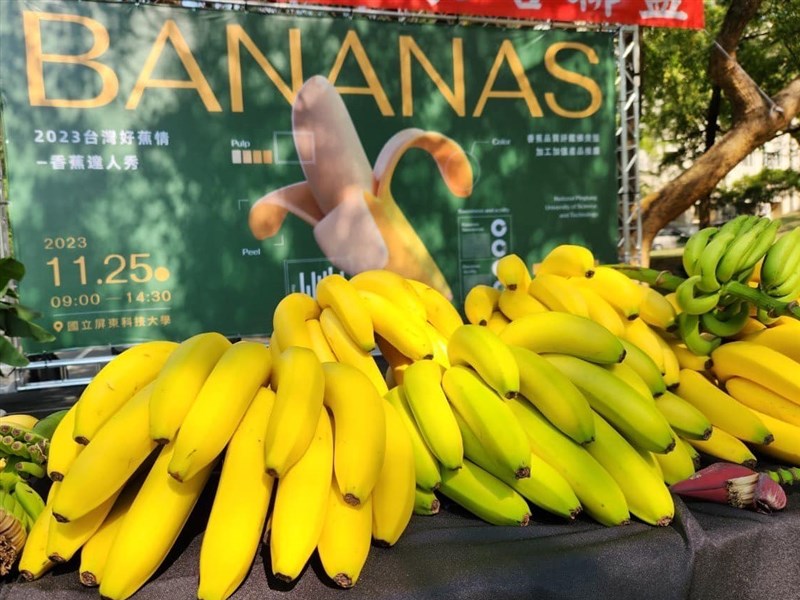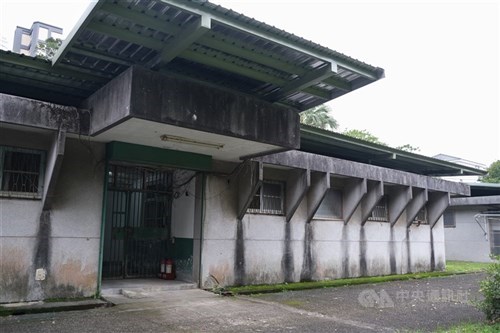FEATURE / Spies in DPP government expose weaknesses in vetting system for aides
05/08/2025 04:19 PM
By Joseph Yeh, staff reporter
(Full text of the story is now in CNA English news archive. To view the full story, you will need to be a subscribed member of the CNA archive. To subscribe, please read here.)
More in FEATURE
-
![Banana threat: Taiwan decodes secret to tackling banana killer TR4]() Banana threat: Taiwan decodes secret to tackling banana killer TR4When the banana-killing Panama disease was detected in September 2025 in Ecuador, the world's largest banana exporter, it sent chills through the global industry.02/20/2026 12:30 PM
Banana threat: Taiwan decodes secret to tackling banana killer TR4When the banana-killing Panama disease was detected in September 2025 in Ecuador, the world's largest banana exporter, it sent chills through the global industry.02/20/2026 12:30 PM -
![Beyond new clothes: Children in need get private LNY shopping session]() Beyond new clothes: Children in need get private LNY shopping sessionOutside the flagship store of Taiwanese apparel brand NET in downtown Taipei, a queue -- made up of children and their parents -- had formed well before regular opening hours, despite the chilly late-January morning.02/14/2026 04:03 PM
Beyond new clothes: Children in need get private LNY shopping sessionOutside the flagship store of Taiwanese apparel brand NET in downtown Taipei, a queue -- made up of children and their parents -- had formed well before regular opening hours, despite the chilly late-January morning.02/14/2026 04:03 PM -
![How a site of White Terror persecution became a human rights venue]() How a site of White Terror persecution became a human rights venueThe transformation of a dark remnant of Taiwan's authoritarian past into a venue for human rights education began in 2009, with the discovery of dozens of formalin jars containing human body parts inside an abandoned building in New Taipei's Xindian district.02/12/2026 08:24 PM
How a site of White Terror persecution became a human rights venueThe transformation of a dark remnant of Taiwan's authoritarian past into a venue for human rights education began in 2009, with the discovery of dozens of formalin jars containing human body parts inside an abandoned building in New Taipei's Xindian district.02/12/2026 08:24 PM
Latest
-
Sports
Taiwan men's épée team wins first-ever gold at Asian junior fencing tourney
02/27/2026 09:39 PM -
Politics
Taiwan condemns Beijing over intimidation of interior minister's nephew
02/27/2026 08:23 PM -
Sports
Taiwanese-American Fairchild joins Taiwan at Taipei Dome ahead of WBC
02/27/2026 05:48 PM -
Culture
Young generation carries 228 Incident memories 79 years after massacre
02/27/2026 04:50 PM -
Society
Taiwan records first measles cluster of the year
02/27/2026 04:33 PM


